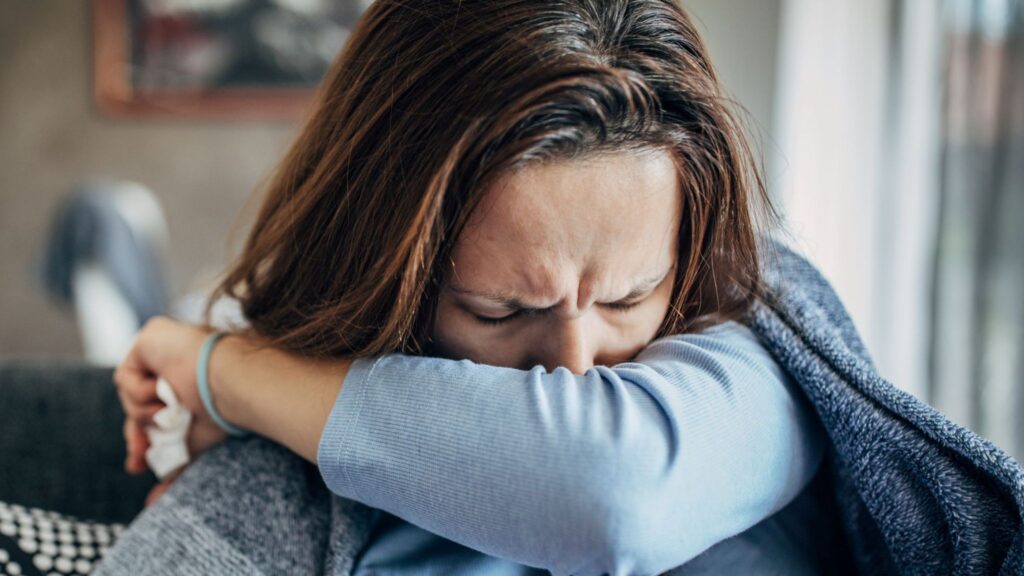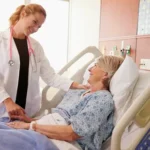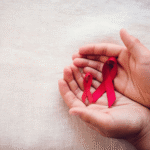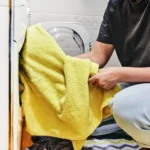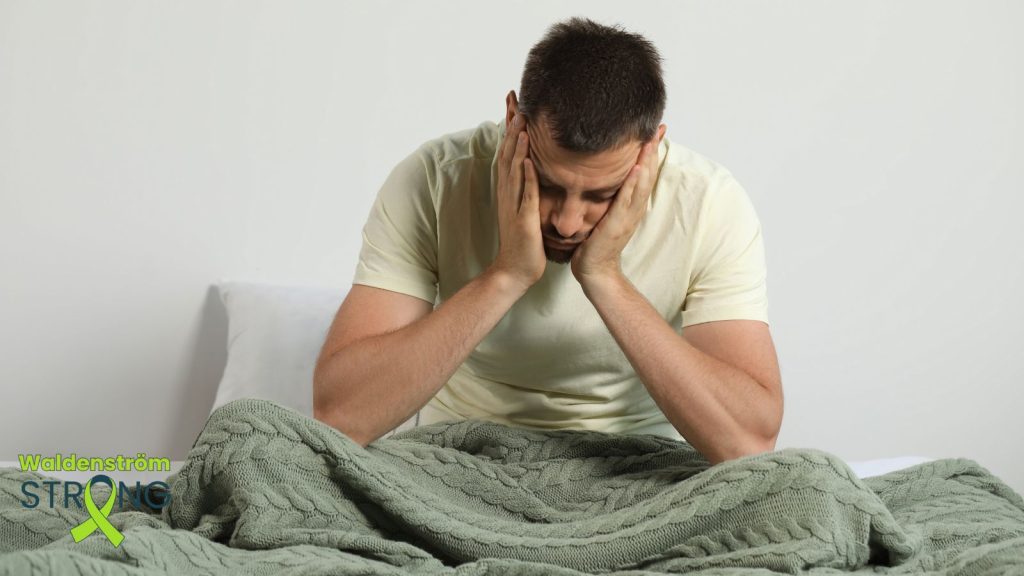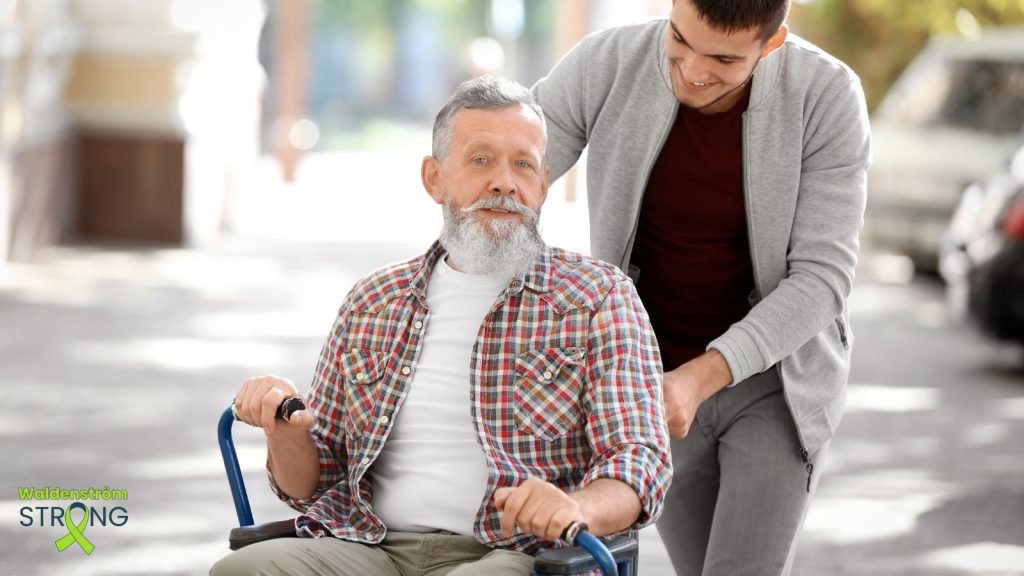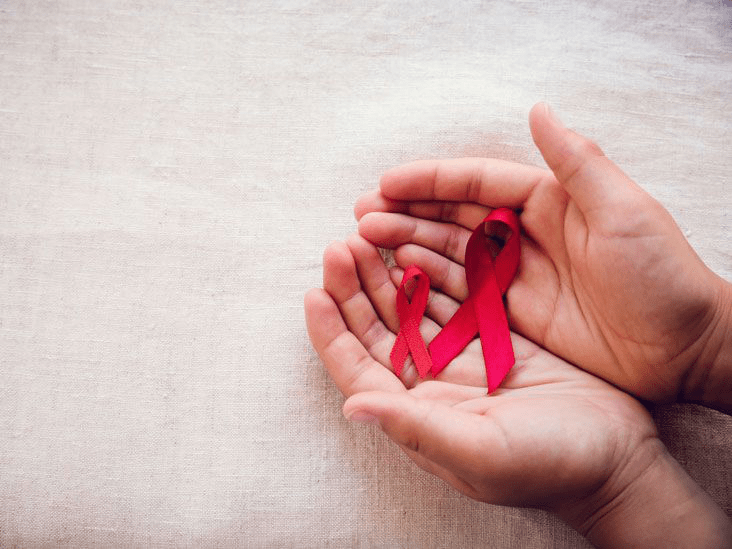Here’s why chemo infusions wreak havoc on your loved one’s immune system.
When someone you love is going through chemotherapy, you do everything in your power to protect them. You keep their spirits up. You help with meals and appointments. But one invisible threat can be especially confusing — a weakened immune system. You might hear terms like immunocompromised or neutropenic, but what do they really mean? And how do you keep your loved one safe without living in fear?
This guide will walk you through what chemotherapy does to the immune system, why it happens, and what caregivers can do to help.
Please note, I am a caregiver of a husband with Waldenstrom Macroglobulinemia, not a doctor, RN, or medical professional. I am writing these posts in layperson’s terms to make the things that scared me feel more relatable. If you need a more thorough explanation of how the human immune system works, please discuss it with your oncologist or hematologist.
First, What Does the Immune System Do?
Your immune system is your body’s internal defense force — protecting against bacteria, viruses, and other pathogens. It includes:
- White blood cells, especially neutrophils, which fight infection
- The lymphatic system, which filters germs
- Bone marrow, where infection-fighting cells are produced
- The skin and mucous membranes, which act as physical barriers
When the immune system is strong, you might be exposed to germs and not even feel sick. But when it’s weak, even minor infections can become dangerous.
How Chemotherapy Affects Immunity
Chemotherapy drugs are powerful because they target rapidly dividing cells, like cancer cells. But they also affect healthy cells that divide quickly, including:
- White blood cells (especially neutrophils)
- Red blood cells
- Cells in the gut lining, mouth, and hair follicles
According to the Cleveland Clinic, some chemotherapy drugs suppress bone marrow function. This means the body can’t produce enough white blood cells, particularly neutrophils, which are key to fighting infections.
This often leads to neutropenia, a condition where white blood cell counts drop to dangerously low levels. The immune system is at its lowest 7–14 days after each treatment — a period known as the nadir. This is when your loved one is most vulnerable to infection, even from everyday bacteria.
This means:
- The body can’t produce enough white blood cells to defend itself
- Cuts, mouth sores, or even a simple cold can turn into serious infections
- The immune system is often at its weakest 7–14 days after infusion
- This period is sometimes called the nadir, or the low point, when clients are most vulnerable to infection.
Common Terms You Might Hear
- Immunocompromised – generally weakened immune system
- Neutropenia – low neutrophil count (a type of white blood cell)
- Febrile neutropenia – neutropenia + fever, often requiring hospitalization
- ANC (Absolute Neutrophil Count) – a blood test that measures infection risk
- A low ANC (usually below 1,000) means the immune system has fewer defenses — and your loved one must take extra precautions.
What This Means for Daily Care
As a caregiver, you don’t need to panic — but you do need to be thoughtful. Germs that wouldn’t normally make you sick can become serious threats to someone undergoing chemo.
Here are evidence-based tips supported by the National Cancer Institute and NCCN Patient Guidelines:
- Hand hygiene is non-negotiable.
- Wash your hands frequently — after using the bathroom, before cooking, after being in public. Encourage visitors to do the same.
- Keep hand sanitizer nearby.
- Be cautious with food safety.
- Avoid raw or undercooked meats, fish, and eggs.
- Wash fruits and vegetables thoroughly.
- Don’t eat foods past their expiration date.
- Store leftovers promptly and follow chemo-safe food rules.
- Prevent cuts and infections.
- Keep nails short and clean.
- Use an electric razor instead of a blade.
- Avoid crowds or sick people, especially during the nadir period.
- Wear gloves when gardening, cleaning, or handling pet waste.
- Keep the environment clean.
- Wipe down surfaces frequently.
- Wash linens and towels in hot water.
- Disinfect bathroom and kitchen counters daily.
What to Watch For: Signs of Infection
A fever might seem small — but during chemotherapy, it’s a big deal. Call the oncology team immediately if your loved one develops:
- A fever over 100.4°F (38°C)
- Chills or sweating
- Sore throat, cough, or sinus pain
- Burning during urination
- Sores in the mouth
- Any unusual redness, swelling, or pain
Don’t wait. Even mild symptoms can escalate quickly when the immune system is down.
You’re Doing More Than You Realize
It may feel overwhelming to think about everything you have to monitor — but every small action matters. When you wipe down the counters or ask someone to reschedule a visit because they’re coughing, or remind your loved one to drink water and rest, …you’re helping protect their life. Quietly, lovingly, powerfully.
“Caregiving often looks invisible — until you realize it’s the reason someone stayed safe.” – Dee, founder, WaldenstromStrong.com
Quick Recap: Why Chemotherapy Weakens the Immune System
- Chemo infusions target fast-dividing cells, including health white blood cells (WBCs).
- It suppresses the bone marrow, lowering the production of infection fighters called neutrophils.
- The chemicals damage the gut’s mucous lining which usually helps block germs.
- It causes neutropenia, making the body more likely to get infections.
Free Download: 4 Printable Affirmation Cards for Caregivers
Caring for someone with a weakened immune system can be exhausting — physically and emotionally. We want to help you feel supported, too.
Download a free set of 4 caregiver affirmation cards to encourage you in quiet moments. What’s inside? Our set of 4 uplifting daily affirmations for cancer caregivers, providing you with encouragement. Click here to get your free printable.

Cancer Caregivers – What You’re Doing Protects Your Loved One, Even if You Don’t Know it
You don’t have to be a medical expert to protect your loved one — you just need knowledge, care, and a few daily habits. By understanding how chemotherapy affects the immune system, you can help reduce risks, alleviate anxiety, and create a safer, more calming environment for healing.
And in the process, don’t forget to care for yourself, too. Because staying strong for someone else starts with being steady inside yourself.

